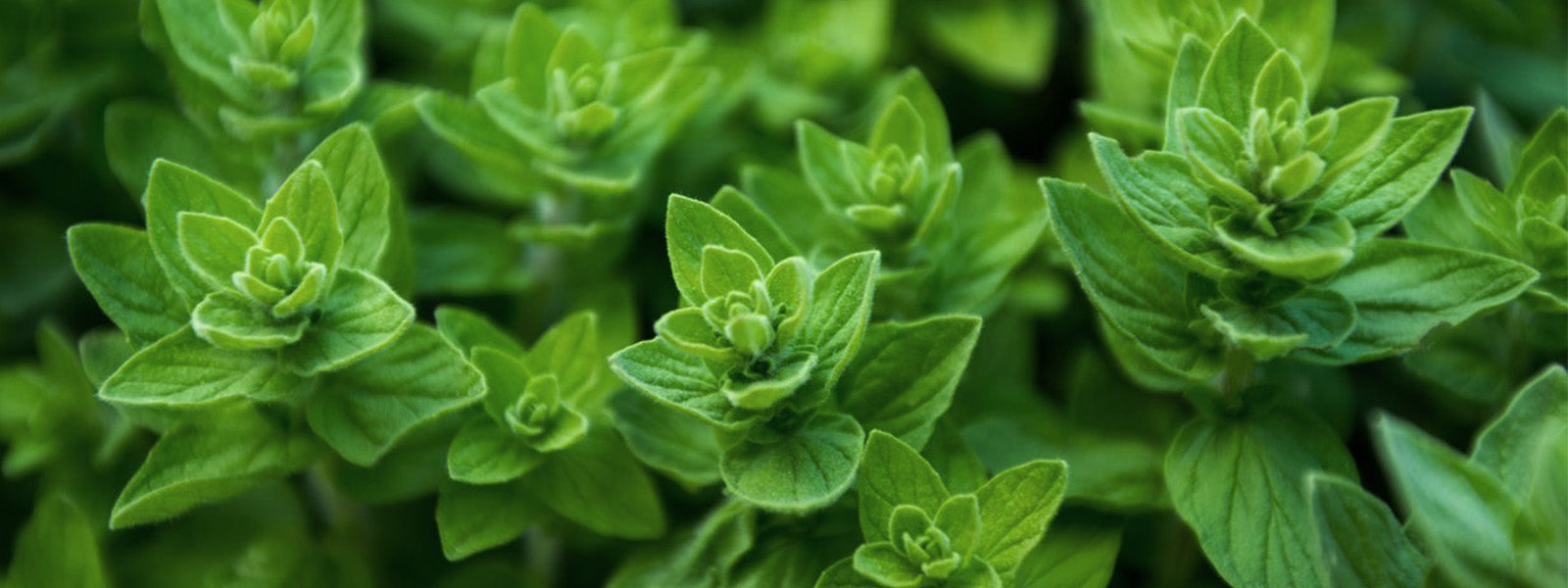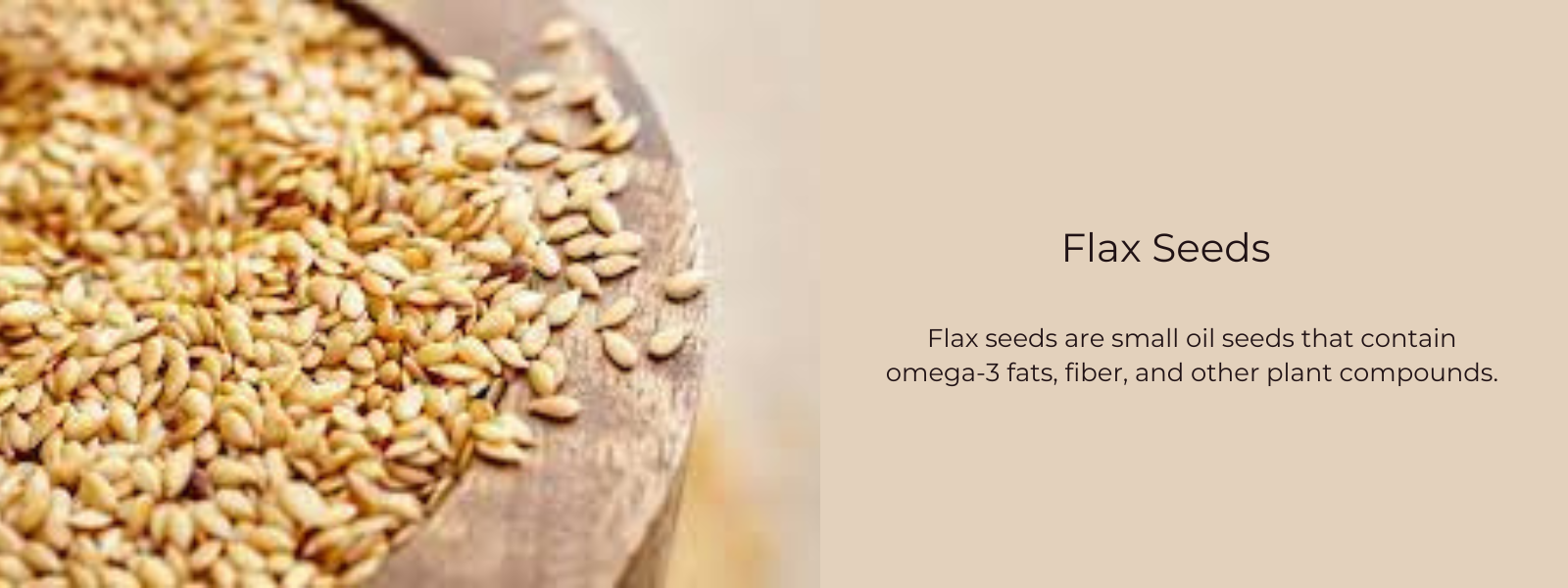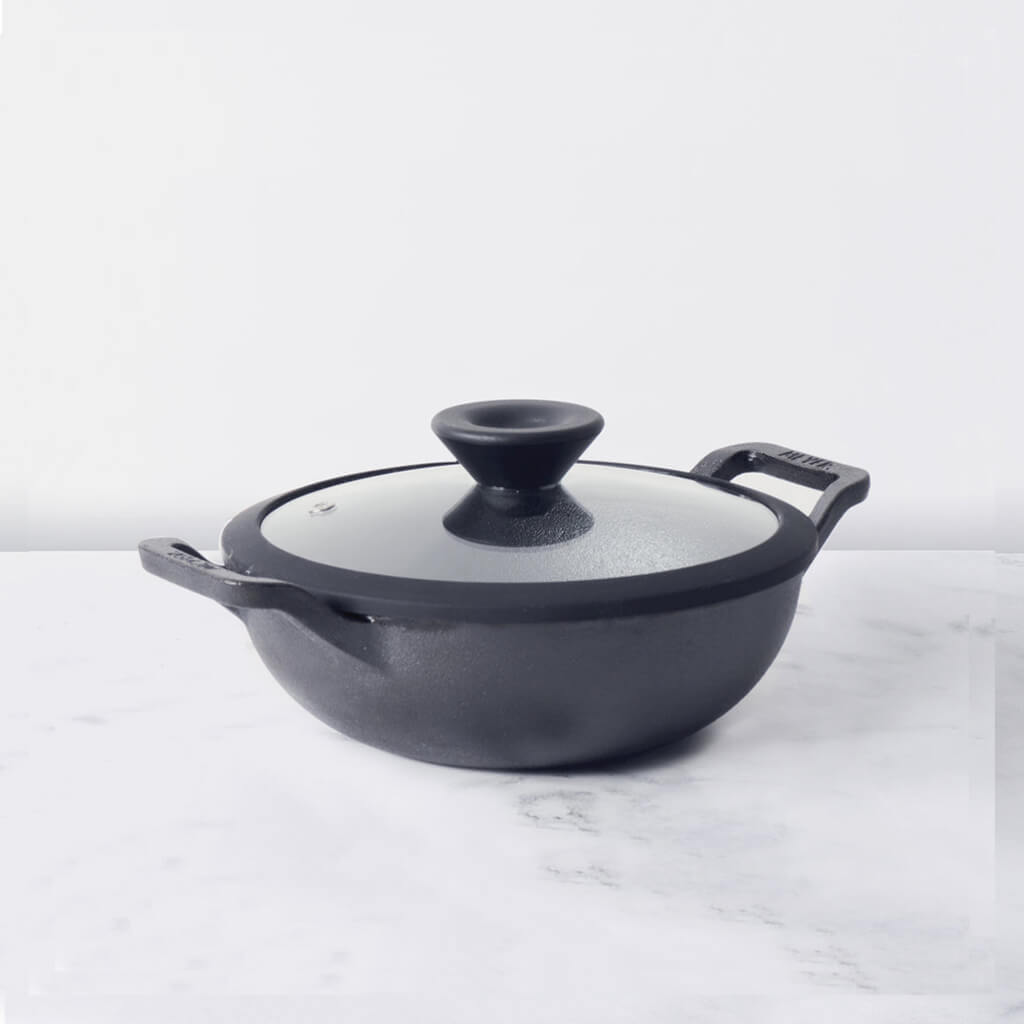The lotus flower is the national flower of India, and it is a sign of enlightenment, prosperity, spirituality, and abundance. The advantages and nutritional worth of lotus seeds are important reasons why this plant is so well-liked, and not just because it is the National Symbol of India.
The seeds of the Euryale Ferox plant, often known as the lotus plant, are commonly referred to as Makhana. They are widely farmed in Asia and have been utilised for medical purposes for centuries. Because of their high nutritional value, lotus seeds are great as a late-night snack or added to foods like desserts, sides, and curries.
Table of Contents
What are lotus seeds?
The lotus is a water plant in the Nelumbonaceae family. The lotus flower is mostly used for aesthetic purposes, but the seeds have been a staple in diets across Asia for thousands of years. Although China is the world's greatest producer of lotus seeds, numerous countries in Southeast Asia, including Indonesia, Nepal, Sri Lanka, Thailand, and India, make extensive use of lotus seeds in cooking and medicine. Raw, roasted, or crushed and boiled into a syrup or paste, the seeds can be eaten in a variety of forms after being peeled. Honey, tea, jam, juice, and cakes are just a few of the many examples of meals that benefit from its inclusion due to its significance in nutrition, health, and cosmetics.
Importance of lotus seeds:
In addition to its central role in traditional medicine, the lotus seed is also employed as a dry powder in bread dough to enhance its nutritional value and functional qualities. Many illnesses, such as sleeplessness, palpitations, chronic diarrhoea, enteritis, poor digestion, and cancer, are treated with this lotus seed, which is utilised as a traditional medicinal component. Carbohydrates, proteins, vitamins (B, C, A, and E), and minerals (magnesium, potassium, and sodium) are all present in reasonable quantities. They're loaded with phytochemicals, including several with powerful anti-inflammatory and antioxidant capabilities.
Nutritional value of lotus seeds:
Lotus seeds have a low calorie, low fat, and low salt content. Manganese, magnesium, potassium, thiamin, protein, and phosphorus can all be found in abundance in them. There are around 65 grams of carbohydrates, 18 grams of protein, and 1.9 to 2.5 grams of fat in 100 grams of lotus seed, giving you a total of 350 calories. Water, potassium, sodium, phosphorus, and calcium make up the rest. They are great for keeping your digestive system and bowels healthy due to their high fibre content. It aids in flushing the spleen out of the body and keeping it free of excess cholesterol, which aids in keeping overall cholesterol levels stable. The potassium content is beneficial because it lowers the probability of heat stroke and controls high blood pressure. It aids in the removal of salt and water retention. In the event of muscle contractions, which can cause cramping, this is of considerable assistance. The thiamine in lotus seeds aids in maintaining normal nerve and brain function. Consumption of lotus seeds aids in the production of acetylcholine, a neurotransmitter.
Health benefits of lotus seeds:
Promotes Better Digestion
Lotus seeds, which are high in fibre, are useful for maintaining a healthy digestive system. It curbs hunger and urges to snack, which makes it easier to lose weight. The elimination of dietary wastes and the prevention of their accumulation are two additional ways in which lotus seeds promote digestive health. Look Here, Too: Infographic: 5 Easy Steps to Better Digestive Health
Improves Cardiac Condition
Magnesium is rich in lotus seeds. Magnesium, the most powerful channel blocker, boosts circulation, oxygen levels, and nutrient delivery. Low magnesium levels have been linked to an increased risk of heart attack. Lotus seeds have such a high concentration of beneficial components that they can significantly improve cardiovascular health. Because of the magnesium and folate it contains, it reduces the risk of heart disease and other cardiovascular complications.
Provide Anti-Aging Benefits
Enzymes in Lotus seeds have anti-aging properties. Damaged proteins can be repaired and maintained with the help of the enzyme L-isoaspartyl methyltransferase, which also promotes collagen formation in the body. Powdered lotus seeds have recently been added to anti-aging skincare products in an effort to slow down the skin's ageing process and reduce the visibility of fine lines and wrinkles.
Helps to have sound sleep
The antispasmodic and soothing properties of lotus seeds help you unwind and get a better night's rest. The process of blood vessel dilatation is aided, and mental health issues like sadness and anxiety are much improved as a result. The isoquinoline alkaloids found in Lotus seeds are responsible for this effect. Also, read about sleep-inducing foods.
Manages Diabetes
Lotus seeds are naturally low in sugar. This is why they prevent blood sugar from rapidly rising. The glucose levels in the blood are kept within a healthy range, thanks to the lotus seed's ability to regulate the body's insulin response. As a diabetic-friendly evening snack, try eating some dried or roasted lotus seeds. Lotus seeds help maintain healthy blood pressure levels, which is especially important for diabetics who are at increased risk of hypertension or high blood pressure.
Improves the Way the Kidneys Work
The astringent qualities of lotus seeds come from the many phytonutrients they contain. This aids in the elimination of waste products and poisons, lowers acidity, and stops the production of kidney stones. These microscopic wells have powerful diuretic characteristics that aid in the smooth elimination of urine and other fluid wastes from the kidneys and bladder, thereby promoting renal health and protecting the kidneys from infection and damage.
Improves Sexual Health
Lotus seeds, thanks to their abundance of bioactive plant chemicals, are a potent aphrodisiac that can boost a person's libido and desire in bed. They improve sexual health and fertility by increasing blood flow to the reproductive organs, where it carries oxygen, nutrients, and hormones to the reproductive tissues. Some research suggests that including a small amount of roasted lotus seeds in one's daily diet will help treat erectile dysfunction in males and poor sex drive in women.
Uses of lotus seeds:
The lotus seed is useful in more ways than just its nutritional value. It has been incorporated as an activating agent in anti-aging cosmetics. As lotus seeds are so minimal in carbs, fat, and sugar, they are frequently eaten as a snack between meals without worrying about gaining weight. You can season it with honey, salt, butter, or whatever else you choose. The high quality of the minerals and phytonutrients it contains also contributes to its popularity. China is a major exporter of this commodity. It makes up for the loss of fundamental nutrients your body needs to function. Since there's nothing at stake, you can munch on it without fear of gaining weight. Makhana is a key ingredient in a fantastic curry dish prepared from lotus flower stems. The state of Bihar in India is also known for its "Makhane kheer," a dessert typical of the "Mithila culture."
How to eat lotus seeds?
The health and wellness advantages of lotus seeds are maximised when they are consumed in the correct manner.
Roasted makhana, sprinkled with olive oil and rock salt, is a tasty and healthy savoury snack. Puffed makhana is a great addition to dishes like curries, kheers, and more. Use raw lotus seeds to create a paste for sweets.
Side effects of lotus seeds:
Consumption of lotus seeds should be limited because it is possible that they could cause adverse reactions in some persons if ingested in large quantities. Allergies, stomach problems, an increase in insulin levels, and other side effects have been reported. Several people may be allergic to lotus seeds; if you experience any sort of reaction after eating them, including feeling queasy, you should talk to your doctor and possibly stop eating them for a while. If you have diabetes, talk to your doctor or dietitian before eating lotus seed. It has a hypoglycemic effect, meaning it lowers blood sugar. Constipation, gas, and bloating have all been linked to eating too much lotus seed. If you are experiencing constipation, you should avoid taking it. Lotus seeds have antiarrhythmic properties, but people on therapy should check with their doctor before taking them.










Leave a comment